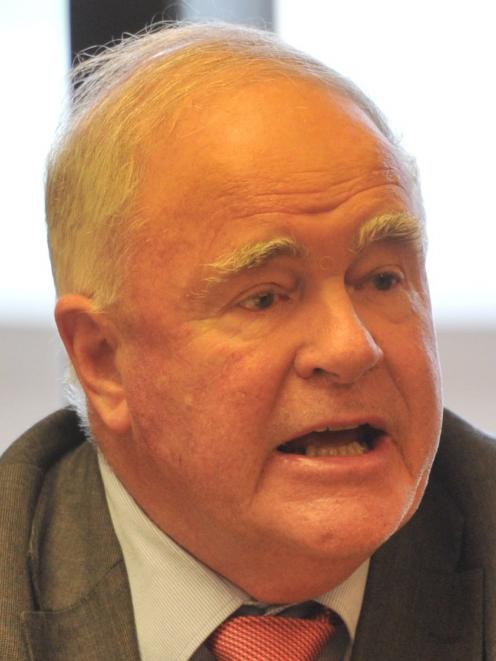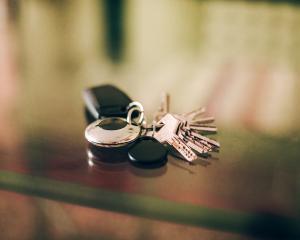
Provisional figures released today by Chief Coroner Judge Neil MacLean show a slight drop in the overall suicide rate from 12.1 for every 100,000 people in 2012-13 to 11.73 per 100,000 in the latest June year, the first time the rate has dropped below 12 since the current statistics began in 2007.
Suicides by young people under age 25 fell from a recent peak of 158 in 2011-12 to 144 last year and 110 in the latest year.
The suicide rate for teenagers aged 15 to 19 fell to its lowest level since the series started.
"The drop in teen suicide is good news. These are some of the toughest and most tragic cases coroners deal with," Judge MacLean said.
He said this might be partly due to a recent agreement for coroners to alert the Ministry of Health through consultants Clinical Advisory Services Aotearoa (Casa) to every suspected suicide so that support can be put in place to stop copycat suicides.
"Particularly for a youth suicide it means there are trained people, be it the Ministry of Education trauma intervention team or Casa, in a school suicide, can be at the school gate the next morning saying to the headmaster, 'You don't know it yet but you've had a suicide in the school community and we are here to help,"' he said.
The Maori suicide rate also dropped from a recent peak of 23.34 per 100,000 people in 2011-12 to 18.58 last year and 18.06 in the latest year, although this is still higher than for any other ethnic group. Judge MacLean said indigenous peoples also had above-average suicide rates in Australia, North America and South America.
"The good news is that we are well down from the peak beforehand, and again I like to think that is because local Maori communities – an example would be Kawerau – have said this is our problem, what are we going to do about it, and have done something about it," he said.
"My perception is that the key is community awareness and community willingness to say this is our problem, let's combine forces and talk about it."
But the number of suicides by the elderly aged 60-plus jumped from 75 in both the previous two years to 97 in the latest year, almost equalling youth suicides in numbers.
The increase in the suicide rate per 100,000 people was muffled because of the ageing population, but Judge MacLean pointed to social changes that made older people increasingly isolated.
"It's a raft of things – the loneliness of elderly people, the whole environment of rest homes, palliative care, all that sort of thing," he said.
"We see the phenomenon in Western society, unlike some societies where several generations live together – that is perhaps the traditional Maori way as well – we see that changing. You become old, you move into state-subsidised or state-funded care and you are isolated in many cases from your whanau or family, and that is part of a phenomenon of the Western way of life," he said.
"Personally, from my perspective, I think that is something not particularly helpful for a sense for the elderly person that they still have a point to living, feel worthwhile, are valued."
A history of suicide in NZ published this year by Canadian Professor John Weaver showed that the usual pattern through most of the last century was for suicide rates to peak in middle age because older men felt useless when health problems or accidents forced them to stop work.
Our abnormally high youth suicide rates – among the highest in the world – were associated with high youth unemployment from the late 1980s, and have been trending back down as it has become easier to get jobs from the late 1990s.
The latest statistics show that 147 of the 529 people who committed suicide in the year to June were unemployed, compared with 222 who were employed. Of the rest, 67 were retired, 49 were students, 13 were home-makers, three were prisoners, and 28 were listed as other or unknown.
Where to get help
The Mental Health Foundation's free Resource and Information Service (09 623 4812) will refer callers to some of the helplines below:
• Lifeline - 0800 543 354
• Depression Helpline (8 am to 12 midnight) - 0800 111 757
• Healthline - 0800 611 116
• Samaritans - 0800 726 666 (for callers from the Lower North Island, Christchurch and West Coast) or 0800 211 211 / (04) 473 9739 (for callers from all other regions)
• Suicide Crisis Helpline (aimed at those in distress, or those who are concerned about the wellbeing of someone else) - 0508 828 865 (0508 TAUTOKO)
• Youthline - 0800 376 633, free text 234 or email talk@youthline.co.nz
NZH lb











